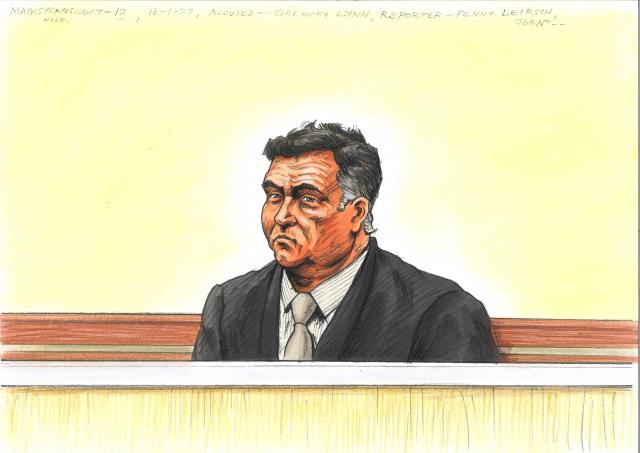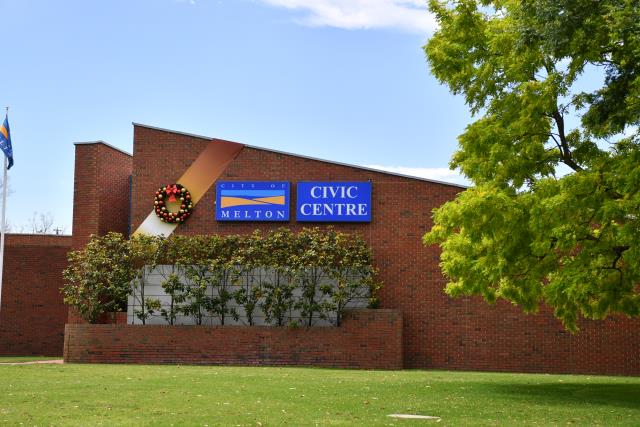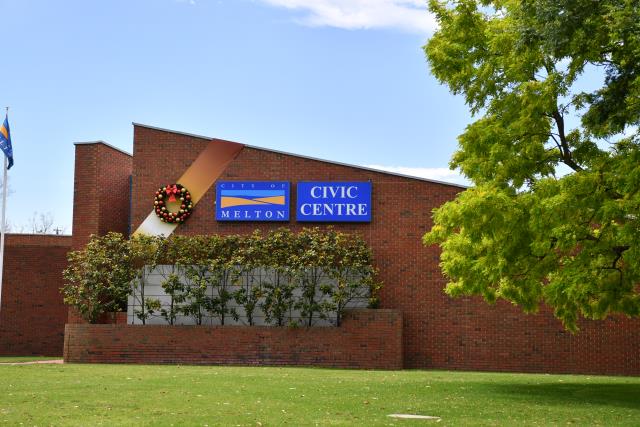A Melton councillor has raised concern over how payroll taxes on GP clinics may impact access to medical care in the municipality.
At a council meeting on Monday, November 27, councillor Justine Farrugia moved for council to write to the state Health Minister to enquire if the state government is doing anything to minimise the impact of a “payroll tax increase” in Melton
“I know many residents within our municipality who have three or four doctors clinics on the go, as they cannot get an appointment for them or their family when they really need it, when they are very ill,” she said.
“Increased payroll tax will only further add to the lack of appointment availability, particularly at bulk billed clinics, making it difficult for our residents to get medical care when they need it most and affordably, particularly with increased pressures of cost of living.”
While payroll taxes on GP clinics aren’t strictly increasing the Royal Australian College of General Practitioners (RACGP) has been campaigning against what it calls a new interpretation of the Payroll Tax Act.
RACGP Victoria Faculty chair Dr Anita Munoz said that until two years ago clinics operating under a tenant doctor model were not prosecuted under that act.
“We are now getting clinic after clinic contacting our peak bodies saying that where never before they had a problem, they are now being notified by the State Revenue Office, that they are liable for payroll tax,” she said.
“We continue to hold the position that GPs are not employees of clinics and the relationship between tenant doctors and clinics is one of service provision not employer employee.
“If the [State Revenue Office] applied a retrospective tax bill on clinics in the Melton area there will be some closures of some clinics… general practice operates on very small margins and those businesses simply will not be able to pay enormous retrospective tax bills for five years of tax plus fine.”
Dr Munoz said GP clinics will have to collect the money directly from patients because the businesses cannot absorb the cost.
“And in collecting the money directly from patients we will no longer be able to bulk bill them because the Health Insurance Act says that is not permissible. So we will see the end of bulk billing in those areas.”
According to the state government the number of SRO payroll tax investigations into general practice medical services is almost half what it was under the previous government.
A government spokesperson said there has been no change to the way payroll tax is assessed.

















